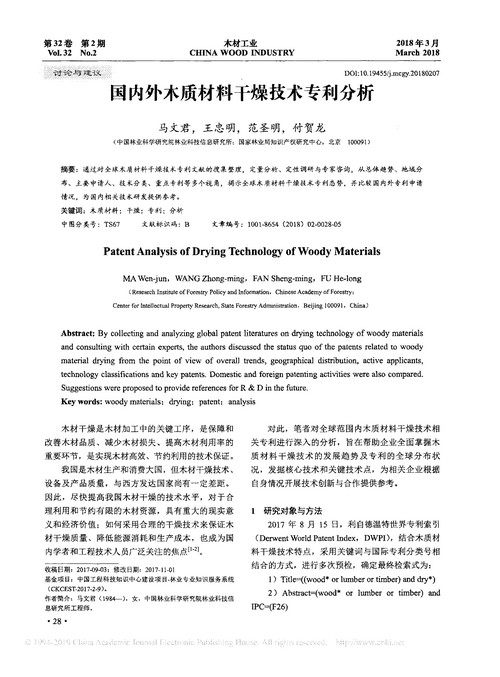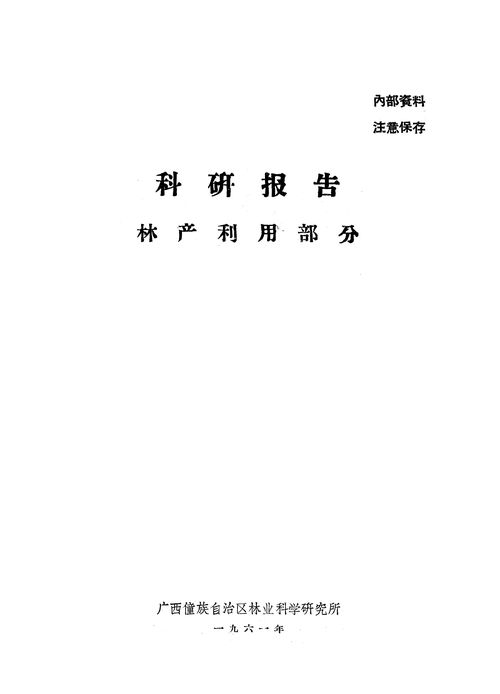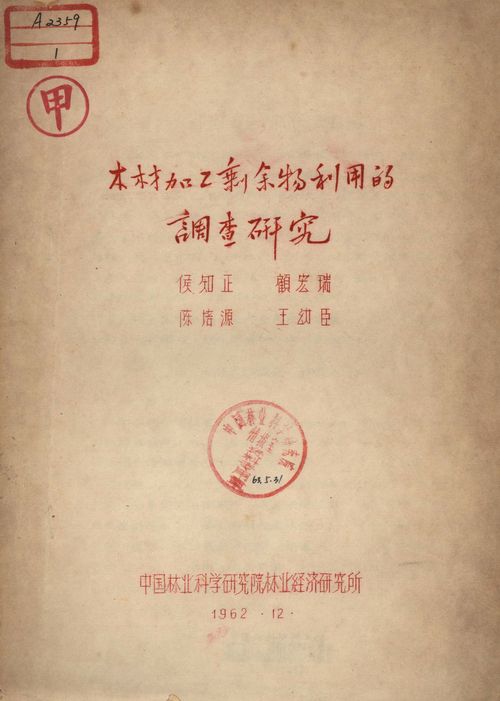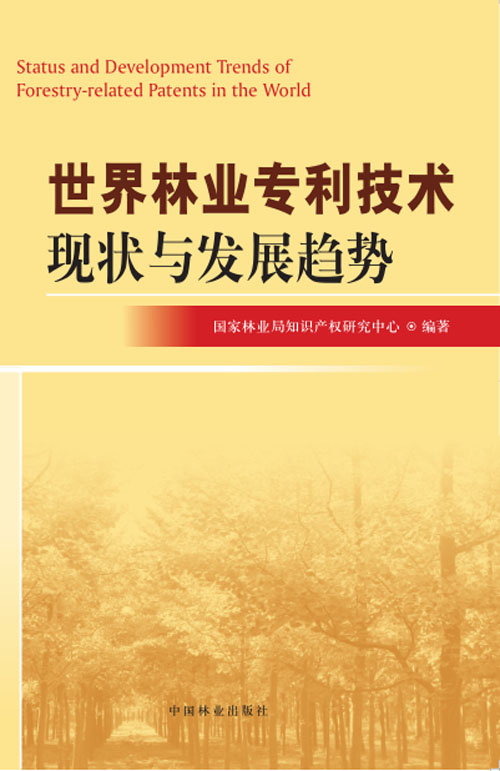
用高露点空气干燥小木块时挥发性有机物的释放
编号
zgly0000342538


文献类型
期刊论文


文献题名
用高露点空气干燥小木块时挥发性有机物的释放


学科分类
220.5550;木材加工与人造板工艺学


作者
IngeJohansson
TobiasKarlsson
RolandWimmerstedt


作者单位
S.E.P.ScandinavianEnergyProjectAB
BrorNilssonsg.16
SE-41755Goeteborg
Sweden
ThurneTeknikAB
Heliosvaegen1b
SE-12030STOCKHOLM
Sweden
ChemicalEngineering
LundUniversity
P.O.Box124
SE-22100LUND
Sweden


母体文献
Chinese Journal of Chemical Engineering;中国化学工程学报: 英文版


年卷期
2004,12(6)


页码
767-772


年份
2004


分类号
TS652


关键词
高露点空气
干燥
小木块
挥发性有机物
木材加工


文摘内容
Emission of volatile organic compounds (VOCs) during drying of wood particles for particleboard manufacture, or for production of refined biofuels, is a potential environmental problem. The aim of this work is to study the emissions of VOCs during drying, and the influence on the emissions by different drying parameters.The experiments have mainly been done in a batch fluidized bed dryer, but measurements have also been done in a, pilot scale, continuous fluidized bed dryer. The parameters studied are air flow rate through the bed, air temperature, air dewpoint, and bed height. Since the present trend in biofuels and particle drying is towards very high dewpoints during drying, some measurements have been maxte at dewpoints up to 95~C, corresponding to a water content of 3.2kg water per kilogram dry air. The emissions have been measured in two different ways,online during drying with a flame ionization detector and through wood analyses of the terpene content in the wood particles before and after drying. Substantial work has been maxte in developing the latter method as well as developing the drying equipment to be able to produce a wide range of conditions of the drying medium. It was shown that the VOCs emitted, during wood particle drying, mainly consist of terpenes. The behavior of the emissions was typical, at first contact with the drying gas a sharp peak in the release rate was detected. After that,the release rate stabilizes and declines slowly to a point where the material temperature increases and results in a second small peak in the release rate. Typically 80%--90% of the initial terpene content in the material was emitted during drying to low moisture content and it is not possible to significantly influence this release by changing the drying conditions. Up to 50% of the emitted terpenes are released during a very short period after contact with the drying medium. This fact could be utilized by employing a 2-step drying process. The fact that the VOC concentration in the inert gas gets much higher when drying at higher dewpoints could be taken into consideration when dealing with closed loop applications where the inert gas after the dryer is burnt。


-
相关记录
更多
- 国内外木结构数控加工中心产品技术现状与发展 2023
- 芳香万寿菊叶片自然释放的挥发性有机物构成 2023
- 不同种质怀地黄生育期根际土壤挥发性有机物变化分析 2022
- 油茶果干燥方式对油茶籽活性成分的影响 2022
- 俄罗斯产落叶松木材干燥处理中分层温度与分层含水率关系研究初探 2022
- 浅析“双碳”背景下我国木材加工产业发展趋势 2022
 打印
打印







